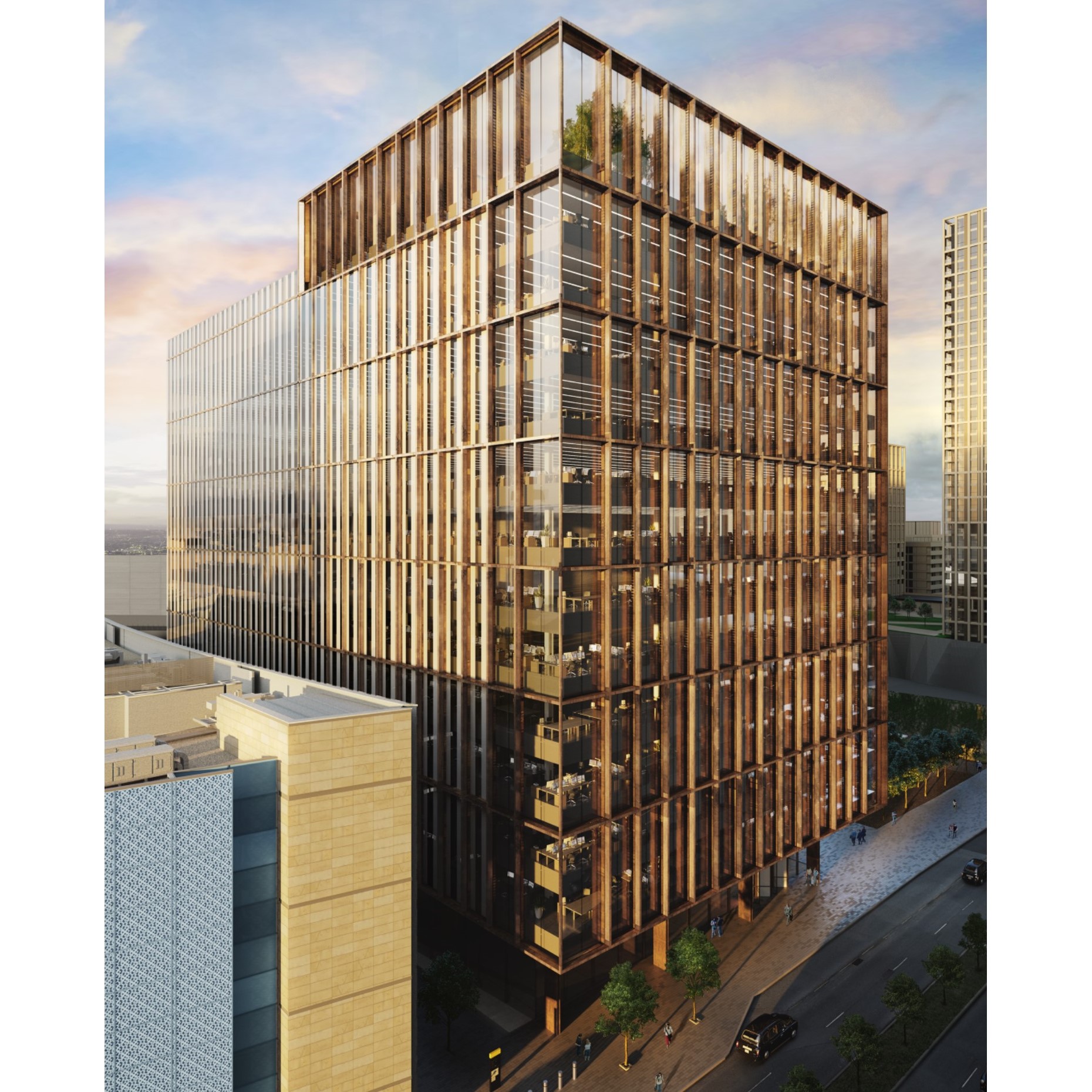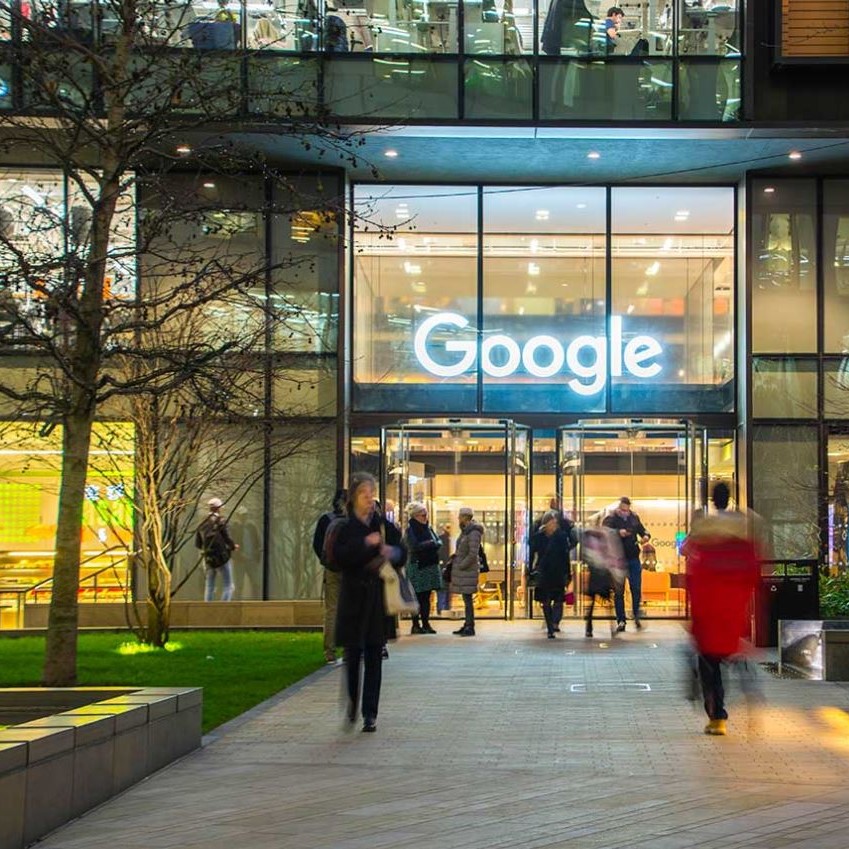July 12, 2019
Firms can overplay the war for talent, researchers find
 Firms often put great effort in retaining good employees because they fear the loss of talent and knowledge spillover to rival companies. However, new research published in the Academy of Management journal by Stefan Wagner, Professor of Strategy at ESMT Berlin, and Martin Goossen from Tilburg University suggests that losing key employees to a competitor can actually be a benefit to companies and so the war for talent may be futile or even counterproductive. To assess the impact of mobile employees the researchers focused on R&D alliances in the pharmaceutical industry, where partnerships are a common mode of innovation as they diffuse the burden of costly drug development. They collected data on alliance formation amongst the 55 largest pharmaceutical firms over a 16-year period, identifying all scientists that moved between these firms. Of the 130,000 scientists the researchers tracked, more than 8,200 moved from one firm to another. (more…)
Firms often put great effort in retaining good employees because they fear the loss of talent and knowledge spillover to rival companies. However, new research published in the Academy of Management journal by Stefan Wagner, Professor of Strategy at ESMT Berlin, and Martin Goossen from Tilburg University suggests that losing key employees to a competitor can actually be a benefit to companies and so the war for talent may be futile or even counterproductive. To assess the impact of mobile employees the researchers focused on R&D alliances in the pharmaceutical industry, where partnerships are a common mode of innovation as they diffuse the burden of costly drug development. They collected data on alliance formation amongst the 55 largest pharmaceutical firms over a 16-year period, identifying all scientists that moved between these firms. Of the 130,000 scientists the researchers tracked, more than 8,200 moved from one firm to another. (more…)






















 New data from
New data from 











